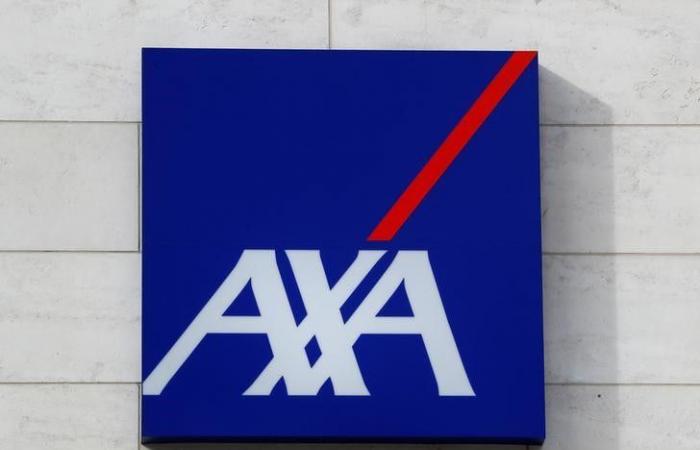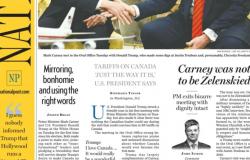PARIS (AWP/AFP) – The AXA insurer saw its turnover increase by 9% in the first quarter, to 37 billion euros, carried by all of its trades, the group claiming to be confident to achieve its objectives “despite the complex international context”.
In the wake of record results in 2024, “we continued to achieve a very good performance over the first three months of the year, carried by all our trades” and which “reflects a balanced growth between volumes and a positive price effect in all of our geographies”, summed up the group’s financial director, Alban de Mailly Nesle on Tuesday.
“All our engines work. This performance proves our ability to generate organic growth,” he said.
In segment, AXA damage insurance increased by 7% (in published data) to total 19.8 billion euros, including an increase of 6% for business damage, its most important activity, “reflecting an increase in volumes and favorable price effects”, according to the press release.
In the first quarter, “the loss linked to natural disasters, including the impact of claims linked to forest fires in California which is estimated at 0.1 billion euros, is lower” to forecasts, specifies AXA.
-On the life and health insurance side, turnover reaches 13.8 billion, an increase of 12% over one year.
The group’s solvency ratio, a key indicator in the sector, established itself at 213% on March 31, down three points compared to the end of December, but “which remains at a very high level, this demonstrates our ability to resist our environment to say the least,” said the financial director.
“The group continues to implement the priorities of its strategic plan in a disciplined way, and it is well positioned for the achievement of its objectives by 2026, despite the complex context that we have known internationally since the beginning of the year,” commented Mr. de Mailly Nesle, in allusion to the implementation of customs taxes by the Trump administration.
“We do not see any impact of these economic uncertainties on our financial indicators. […] We have a limited exposure to the countries most affected by customs barriers, which only concern products and not services at this stage. We have very little exposure to auto insurance, which is potentially the insurance sector which could be the most affected by the prices and by the inflation that these prices generate, “he detailed.
AFP/Rp








